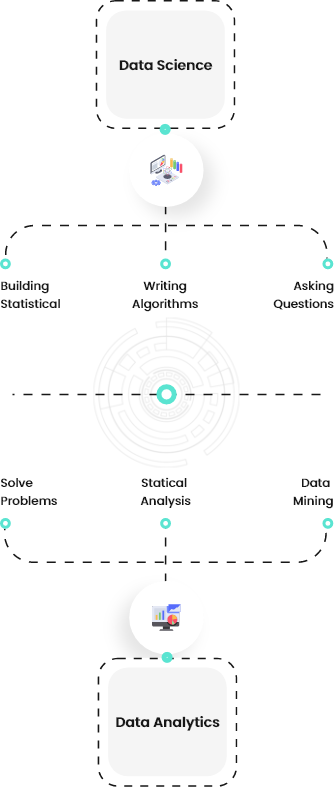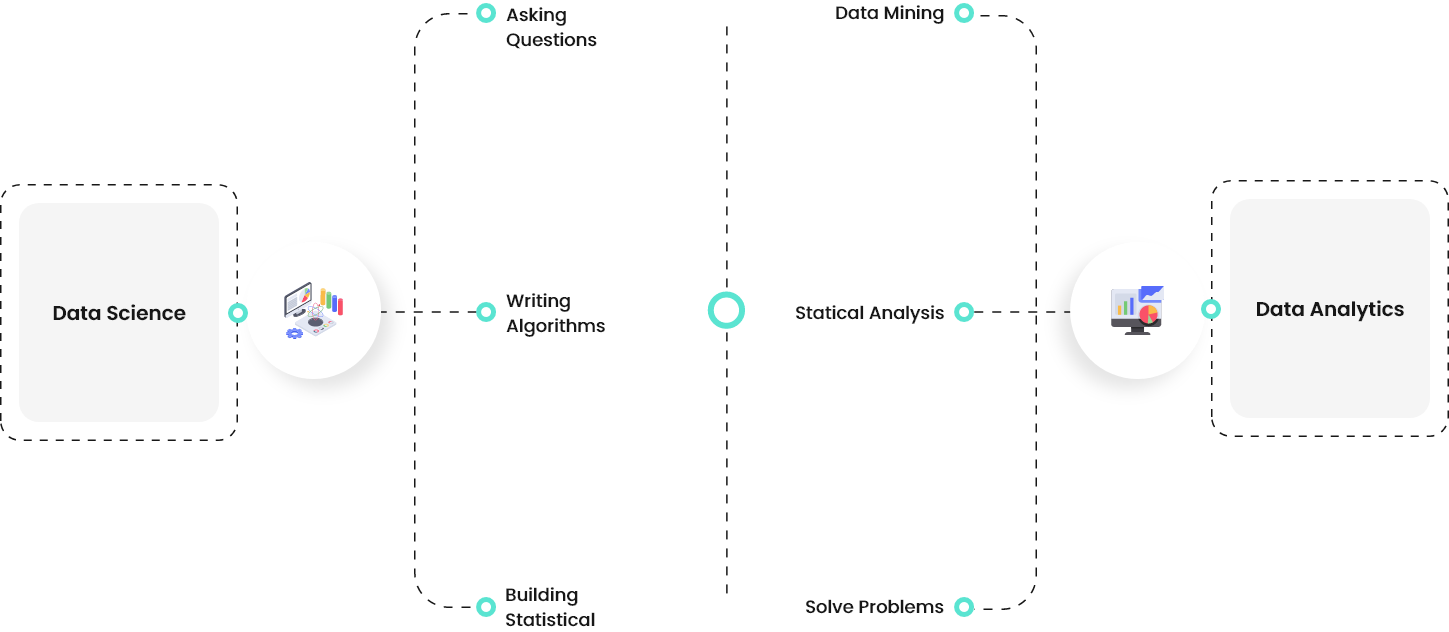Essential Data Science Skills
A Data Scientist is a professional responsible for gathering, analysing, and interpreting massive amount of data. The skill set of a data scientist is a combination of computer science, statistics, and mathematics. They analyse, process, and model data before analysing the collected data to develop actionable plans for businesses and other organisations. Data Scientists work with different functional teams to implement models and monitor results. However, technical abilities are not the only consideration. They are frequently found in business settings, where they are responsible for communicating complex ideas and making data-driven organisational decisions. As a result, they must be effective communicators, leaders, team members, and high-level analytical thinkers.



 Back
Back
 40% Off Limited Time Offer
40% Off Limited Time Offer


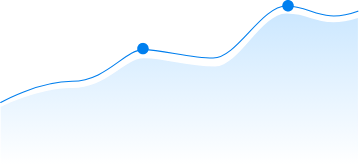
 Click for More Information
Click for More Information

 Enquire Now
Enquire Now
 Get More Information
Get More Information
 Retrieve, Process, and Visualise Data with Python and R
Retrieve, Process, and Visualise Data with Python and R
 Machine Learning Applications in Different Sectors
Machine Learning Applications in Different Sectors
 Product-Sales Analysis using Power BI
Product-Sales Analysis using Power BI











 Ask for More Information
Ask for More Information
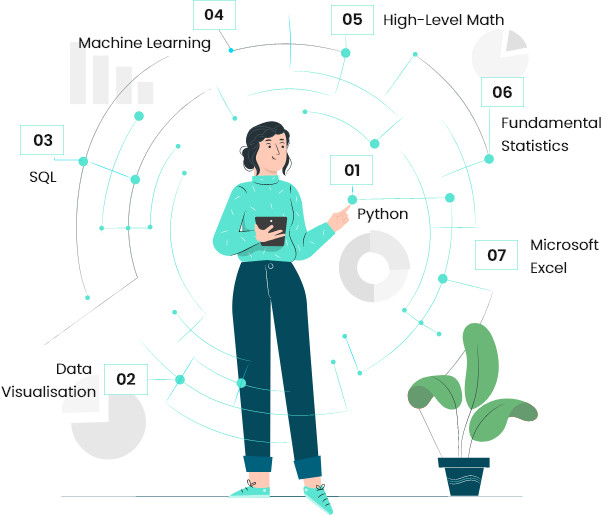
 Have Any Question?
Have Any Question?
















